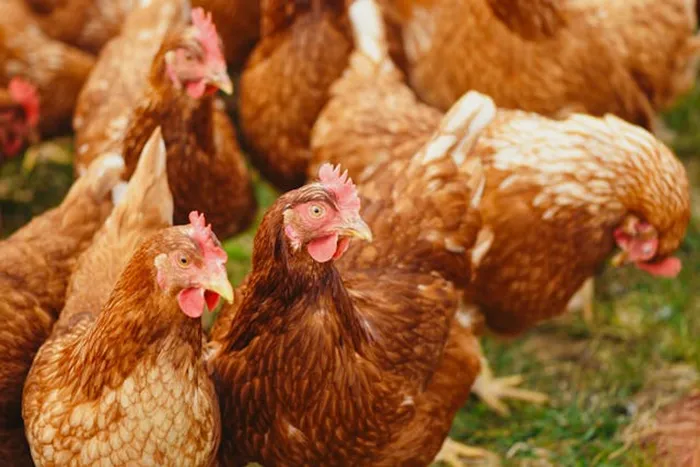South Africa eases poultry ban : Relief in sight for struggling households

The decision to partially lift this ban could not have come at a more critical time. South Africa has been losing over 100 million meals per week due to the ban, putting pressure on food affordability and security, especially as Stats SA reports that up to 30% of households in some provinces face regular hunger.
Image: Pexels
Merlog Foods has welcomed the Department of Agriculture's decision to partially lift the suspension on poultry product imports from Brazil.
The group, South Africa’s largest importers of chicken and chilled meats and suppliers of local and foreign protein to major retailers and meat processors, said the move is a timely intervention aimed at alleviating pressing food security issues in South Africa.
Effective from June 19, this partial lifting will permit imports from all regions of Brazil, with the exception of Rio Grande do Sul, where an outbreak of Highly Pathogenic Avian Influenza (HPAI), commonly known as bird flu, was reported in mid-May.
This critical shift in policy comes as South Africa grapples with significant food shortages, resulting in the loss of more than 100 million meals each week due to the import ban.
The looming threat of hunger is palpable; recent statistics from Stats SA reveal that up to 30% of households in certain provinces routinely face food insecurity, creating urgent demands for a reliable food supply.
Brazil, a crucial supplier of mechanically deboned meat (MDM), accounts for an impressive 95% of South Africa’s needs for this essential ingredient, found in staples such as polony, viennas, and sausages.
The availability of these affordable protein sources is not just vital for everyday consumption; they play a pivotal role in school feeding schemes aimed at supporting low-income families across the nation.
With no other country in a position to meet this demand, the lifting of the ban could not have come at a more essential moment.
Industry leaders, including representatives from Merlog Foods, have expressed their appreciation for the Department of Agriculture's swift response to concerns raised by stakeholders.
The collaboration with Brazilian authorities to establish a regionalisation protocol exhibits a proactive approach to balancing biosecurity interests with the pressing needs of the South African community.
However, there are clear lessons to be learned from the time it took to lift the ban - lessons we must apply to expedite future decisions in similar crises. Speed matters when it comes to food security.
"Speed is of the essence when it comes to ensuring food security, and stakeholders are hopeful that the expedited agreement between the agricultural departments of both countries will lead to a swift resumption of trade, contingent on updated health certification protocols," Merlog Foods said in a statement.
The continuation of this trade is crucial not only for food supply but also for preserving the jobs of nearly 30,000 workers dependent on the poultry sector.
IOL